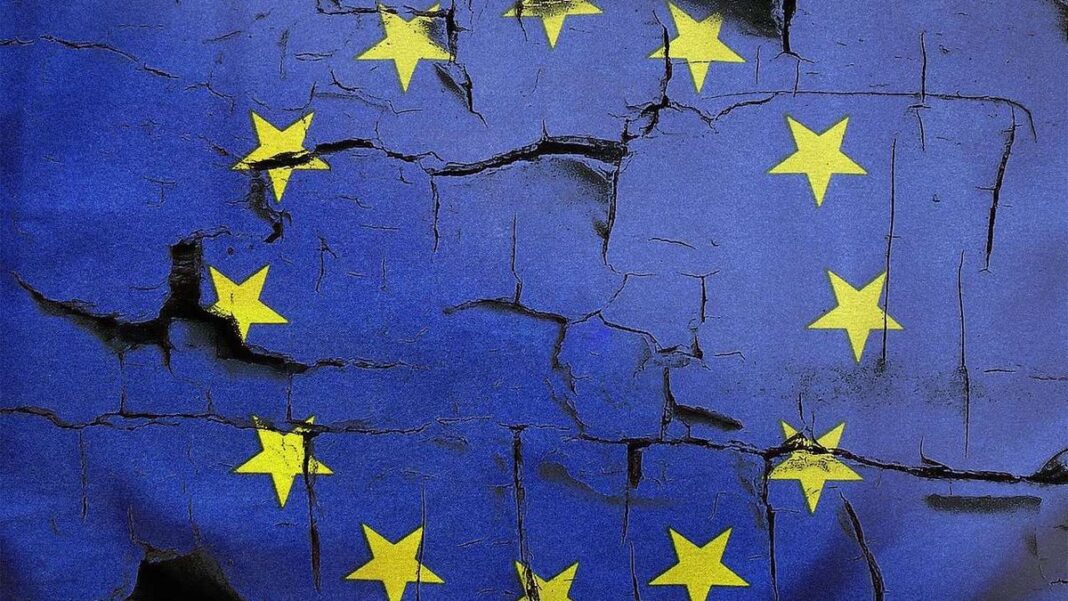Russia’s war with Ukraine has already triggered widespread concern about the economic impact on Europe. The Russian government and Western nations have vowed to support the Ukrainian economy and make sure its citizens are safe. However, they must not rush into war, because the consequences of a conflict in one country could cause serious damage to other countries as well. The Ukraine war could also lead to further destabilisation in Europe, and in some cases, even to civil war.
As Russia is not a world economic powerhouse, it is unlikely to have much of an impact on Europe. While Ukraine is a major commodity exporter, its GDP is only about 2% of the global economy. The EU’s Baltic states, Germany, and France are in different camps when it comes to policy. While the UK and the EU are preoccupied with pandemic lockdown rules, tensions are likely to return in the coming months.
The Ukrainian war has already impacted Europe’s economy in many ways. In particular, the prices of energy and commodities have risen. In addition, the cost of supplies and food has been pushed up by the Russians’ threat. Moreover, the sanctions imposed on Russia could have a significant impact on the global economy. As a result, the costs of aid will rise significantly. Further, the economic consequences of a Russian invasion of Ukraine could affect Europe’s growth prospects.
Apart from the obvious social and political costs, the ongoing Ukraine war is also having a devastating effect on Europe’s economy. It will cause a sharp spike in inflation and economic activity worldwide. Therefore, it is essential for the authorities to provide adequate fiscal assistance to the country’s poor households and help them recover from the effects of war. Further, if the conflict continues to escalate, the economic damage in the region will be even greater.
The Ukrainian war will also have a significant impact on Europe. A prolonged conflict will cause a massive price shock that will hurt the global economy. Meanwhile, the Ukrainian military has been mounting an inspiring resistance in the face of the Russian threat. Nevertheless, Russia’s army will be hard-pressed to fend off the country’s military might in an extended conflict. A prolonged crisis will only exacerbate the situation.
The war in Ukraine will have significant economic consequences for both the European Union and its members. The cost to the Ukrainian economy could reach eight percent this year, while the cost for Russia will be one-half of its GDP in the period 2014-2016. The Ukraine war will also lead to an increase in the cost of investing in the EU, with its investment in the region already costing the country around $19 billion in 2016. The European war will also have a major impact on the European Union.
The EU is already dealing with the effects of the war on its economy. The European Union had to deal with deteriorating terms of trade and rising prices of imports. The crisis in Ukraine is already causing increased price and demand. The European Union must continue its opposition and take timely action to protect its citizens and the economy. But it must not let the situation become worse. Rather, it must make sure it does not endanger the EU’s allied nations.
The war in Ukraine is already impacting the economy of Europe. The country has a huge nuclear arsenal and its 146 million population is a major supplier of raw materials. The war in Ukraine also affects the economy of Russia. The EU has been an important supplier of raw materials for its neighbors, while China is a manufacturing powerhouse. The two countries are a great threat to global security and the stability of the EU.
As a result of the Ukraine war, the prices of several base metals, such as aluminum, copper, and nickel, are likely to rise. This will lead to a surge in prices of these metals. In addition, agricultural products will experience an uptick. The Ukraine is the leading producer of wheat in the world and produces 12% of the world’s calories. A disruption of the trade routes could further raise grain prices.
